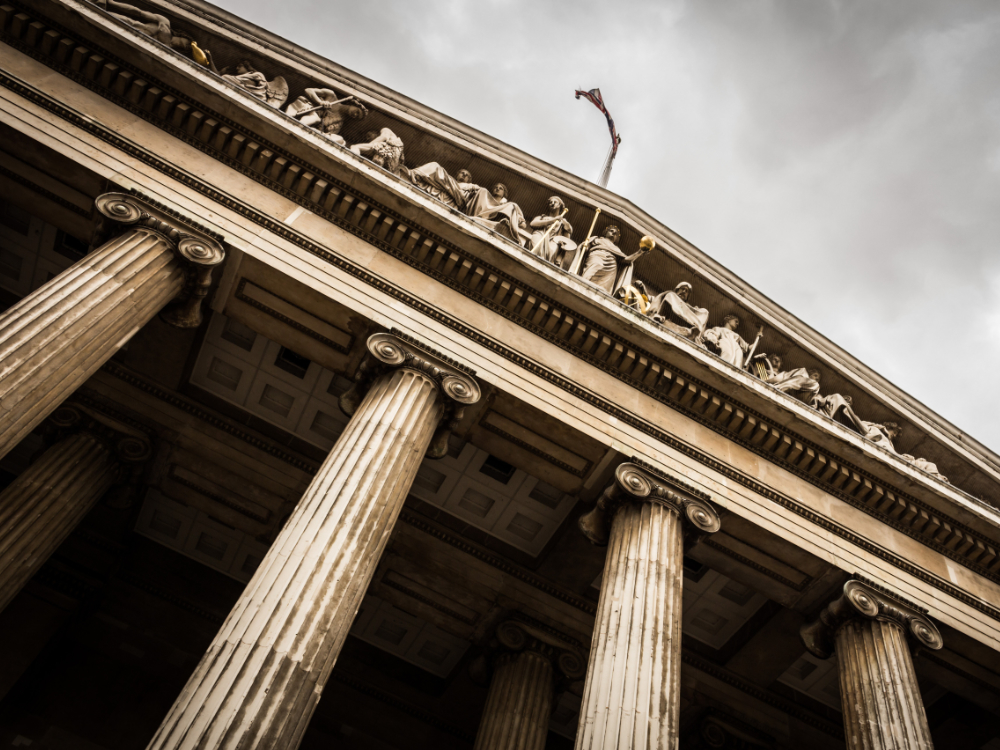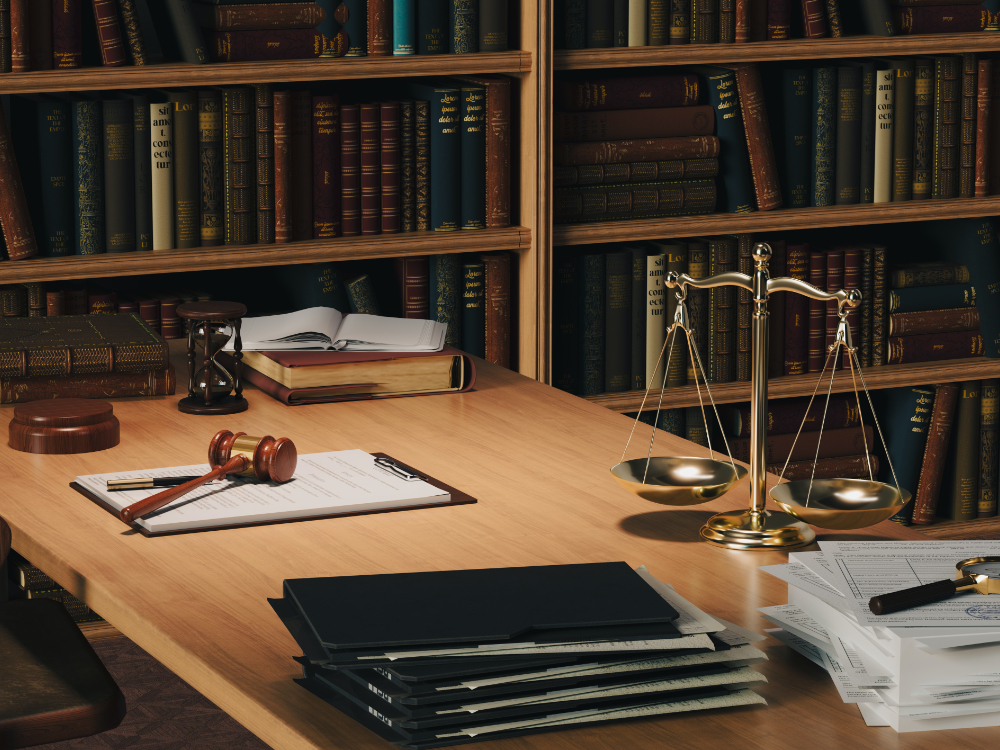Legality of Ibogaine
Although ibogaine has been used as an alternative and highly efficient way to treat addiction in the past few decades, there are still a number of countries where ibogaine is illegal.
This is primarily due to the lack of extensive and well-funded research on the substance. The absence of regulated testing and scientific data has resulted in ibogaine being classified as a Schedule I drug globally. As of 2009, the only countries where ibogaine remains unregulated by government legislation are Canada, Mexico, and Portugal.
Numerous studies published in “The American Journal of Drug and Alcohol Abuse” have provided evidence of ibogaine’s potential as a viable and alternative treatment for addiction. Certain studies also suggest that ibogaine can assist in providing opiate-soaked neurotransmitters with a complete reset.

Furthermore, ibogaine’s benefits extend beyond addiction treatment, as it is also used to enhance spiritual development and promote a deeper understanding of oneself.
The Case in the US
The benefits of ibogaine in neuropharmacology have been overlooked in countries where it is illegal, such as the United States. This is due to negative societal attitudes towards psychedelics, which have persisted since the 1970s, as well as media scaremongering.
Ironically, despite being one of the countries with a major opiate addiction crisis, the US classifies ibogaine as a Schedule I controlled substance, which means it is not approved for the treatment of addiction or any other therapeutic use. This is purportedly because of its hallucinogenic, cardiovascular, and neurotoxic effects.


The US government has long been opposed to ibogaine due to the lack of data from significant testing on human subjects, as well as the low efficiency of the tests that have been conducted. However, the government has also been criticized for its hypocrisy in allowing highly addictive opiates, such as Oxycontin, to be released into the market despite their potential to enslave and kill people.
In contrast, in the countries where ibogaine is not illegal (see list below), it enjoys an unregulated and unlicensed status.
Countries Where Ibogaine is Illegal
In the United Kingdom, for example, although it is legal to possess ibogaine under the Misuse of Drugs Act of 2015, its distribution remains illegal to date.
In Germany, ibogaine, though unregulated, can be regulated by the German Medicinal Products Act (AMG.)
In Nordic territories, only in Denmark is it possible for a doctor to administer ibogaine, and even then, the physician must procure special permission from the Danish Ministry of Health.
In neighbouring Sweden, by comparison, it remains to date a Schedule I drug.
In Norway, as with all tryptamine derivatives, ibogaine remains illegal.
In Israel, the distribution of ibogaine is illegal.
Although in Brazil, it is possible for a physician to administer ibogaine, they must request that it be imported from a facility certified by the General Medical Council (GMC), and even then, only in the precise amount required for treatment.


In 2009, New Zealand held it as non-approved prescription medicine.
It is obvious that lawmakers in certain parts of the world raise the issue of;ibogaine’s potential cardiotoxicity; as one of the main concerns for its use as an approved treatment since; instances of fatalities have been recorded during some clinical trials.

